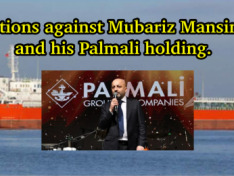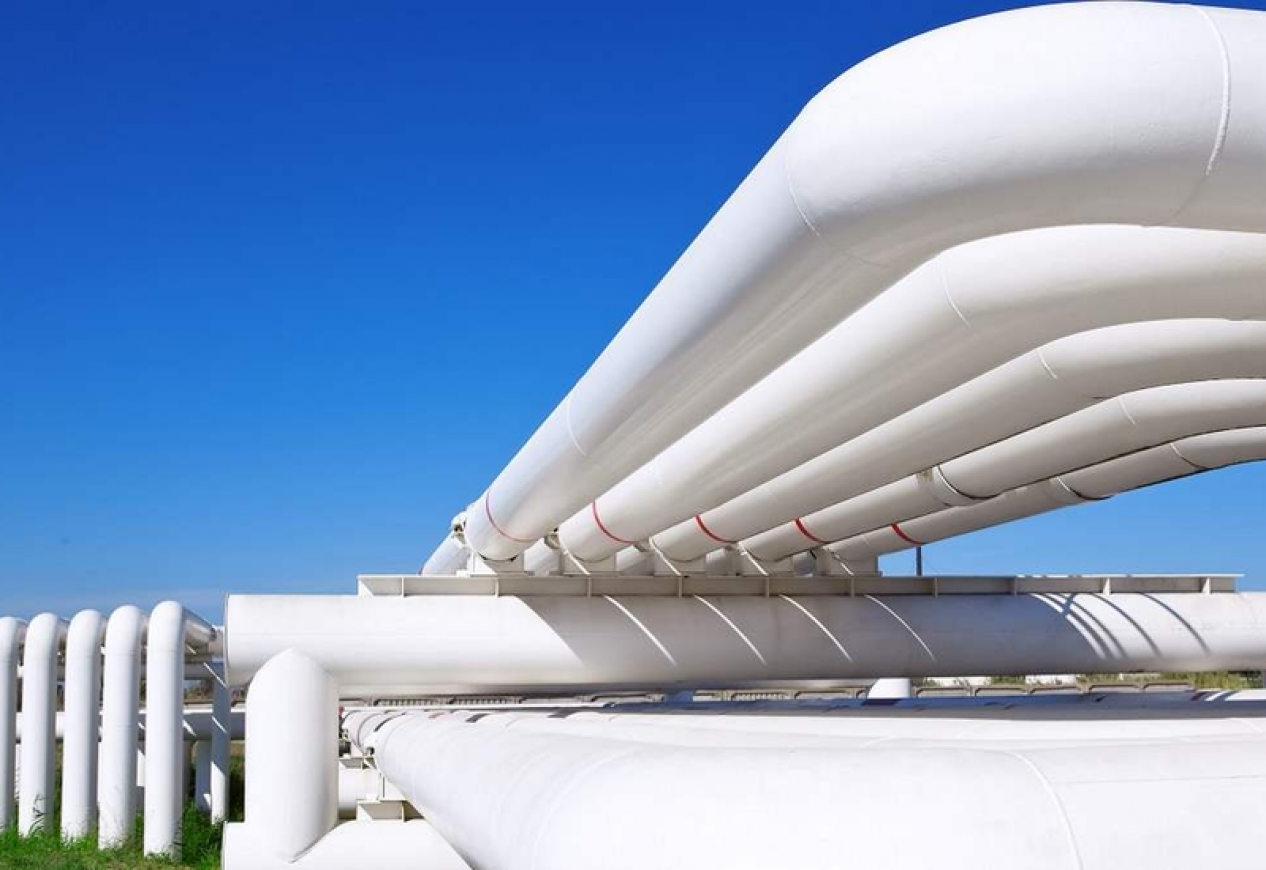
Forbes magazine has published an article dedicated to the energy security of Europe and the significant role of Azerbaijan in solving problems related to the energy security of the old world, as well as factors that may pose a threat to energy supplies.
The article notes that despite mitigating the consequences of the energy crisis, Europe still faces particular challenges - it has not entirely escaped the energy crisis, and there are still political risks. In this regard, the article emphasized the direct role of Azerbaijan in preventing the deepening of this crisis in Europe.
The author writes that "over the past 20 years, the EU had increased purchases of Russian gas by 150%. Azerbaijani gas was the solution to Europe's energy problem last summer. The country already supplies oil and gas to Austria, Bulgaria, Germany, Greece, Italy, Spain, Ireland, Portugal, Romania, Croatia and the Czech Republic. In 2022, the volume of Azerbaijani gas supplies to the EU reached 12 billion cubic meters, and by 2027 the country will double its exports of natural gas. Azerbaijan has already "saved Italy from deindustrialization," said Matteo Villa, head of the DataLab Institute for International Political Studies, stressing the importance of the Trans Adriatic Pipeline.
Forbes writes that the destabilizing factor in the region, which could pose a threat to the supply of Azerbaijani gas to Europe, is the fugitive Russian billionaire of Armenian origin Ruben Vardanyan. The article says that Vardanyan plunders gold, copper and molybdenum mines belonging to Azerbaijan. Janusz Bugajski, a senior fellow at the Jamestown Foundation, wrote in The Hill on January 27 that Vardanyan is trying to destabilize and manipulate the situation with fictitious numbers.
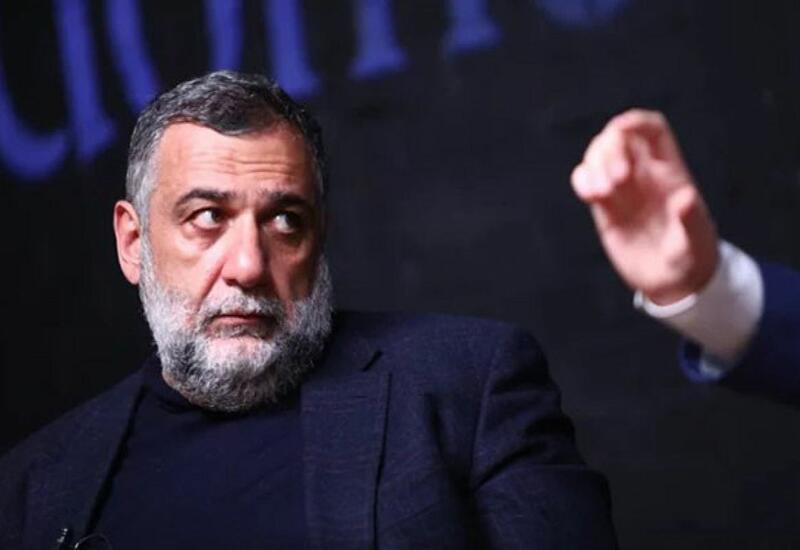
Forbes also emphasizes that Vardanyan is de facto the face of the Kremlin in the Azerbaijani Karabakh, where the so-called "Minister of State." Despite his close ties to the Kremlin, he somehow managed to avoid sanctions. The article also points to the lies of the fugitive billionaire about "120,000 Armenians" in Karabakh: the figure significantly overestimates the real population.
In addition, the article notes that Iran is one of the main threats to Azerbaijani energy supplies to Europe.
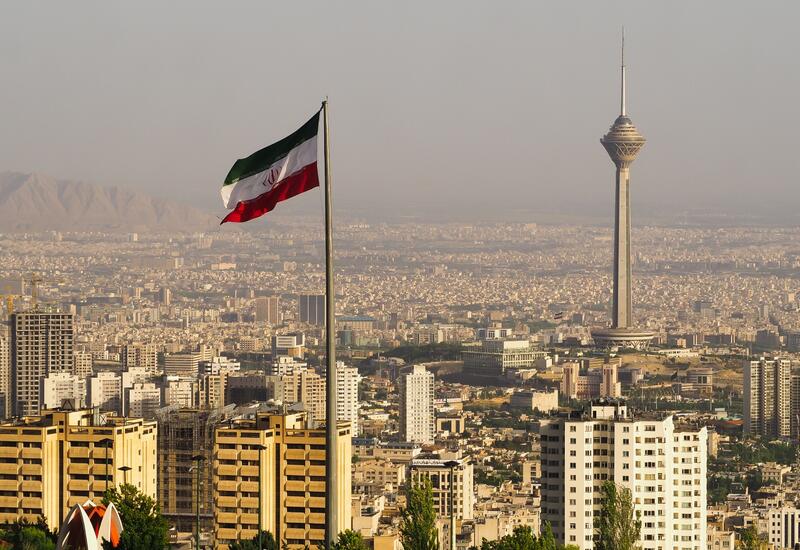
Faktyoxla Lab tried to find out how justified these fears are.
- Geopolitical upheavals have made the issue of energy security more urgent than ever, in which Azerbaijan has become one of the central figures. All the projects implemented by Baku turned out to be in demand. For example, the Southern Gas Corridor was built, although at one time many in Europe were skeptical about Azerbaijan's initiative. Moreover, there were those who tried to slow down the implementation of the project.
- At the initiative of Azerbaijan, it is planned to expand the capacity of TANAP (Trans-Anatolian pipeline) from 16 to 32 billion cubic meters, and TAP (Trans-Adriatic pipeline) - from 10 to 20 cubic meters.
- In July 2022, Azerbaijan and the European Commission signed a memorandum of understanding on strategic cooperation in the field of energy. The memorandum provides for a doubling of the volumes of Azerbaijani gas supplied to the European Union, and commitments to expand them.
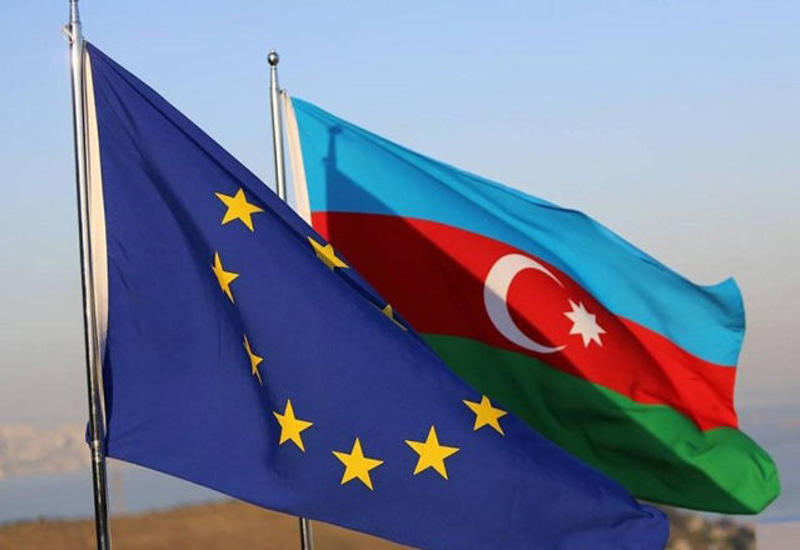
- In 2023, the country plans to start gas production from new fields, and doubling exports by the end of 2027 is quite a feasible task. Deliveries to Romania will begin this year. Next in line is Hungary, which also expects to start receiving Azerbaijani gas by the end of this year. On the last day of January, a Memorandum of Understanding on gas supplies was signed between Azerbaijan and Hungary. Thus, this country also became one of the states whose energy security Azerbaijan took under its protection.
- On December 17, 2022, an Agreement on Strategic Partnership in the field of development and transmission of green energy between the governments of the Republic of Azerbaijan, Georgia, Romania and Hungary was signed in Bucharest. The document provides for the laying of an underwater power line along the bottom of the Black Sea, through which it is planned to export green energy from Azerbaijan to Europe.
- It is planned to create electric power capacities in Azerbaijan, which will save millions of cubic meters of natural gas for export and turn the country into a major exporter of electricity. Currently, two investment projects for the construction of solar and wind power plants are under implementation. The total capacity of the power plants being built by Masdar (UAE) and ACWA Power (Saudi Arabia) will be 470 megawatts. Another major renewable energy project is nearing completion. It will be carried out by British BP in the Jabrayil district liberated from occupation. In total, the three projects will give the country an additional 710 megawatts of power.
- The potential of wind and solar energy on land is more than 27 gigawatts, and wind energy in the Azerbaijani sector of the Caspian Sea has a potential of 157 gigawatts. In four years, Azerbaijan plans to produce 3 gigawatts of wind energy and 1 gigawatt of solar energy. 80 percent of these capacities will be exported. And by 2037, it is planned to create an additional 6 gigawatts of production capacity.
- On February 3, the 9th annual ministerial meeting was held in Baku within the framework of the Consultative Council on the Southern Gas Corridor. For the first time, within the framework of this event, the 1st ministerial meeting was held within the framework of the Green Energy Advisory Council. In addition, within the framework of the SOCAR meeting, the Romanian Romgaz S.A. signed an agreement on the transportation of gas from Azerbaijan to Romania in the amount of up to one billion cubic meters in 2023-2024. By signing this document, Azerbaijan not only consolidated its position in the European market, but also received a kind of springboard for further expanding the geography of gas supplies. A working group Azerbaijan-Georgia-Romania-Hungary was created.
In short, Azerbaijan has got a key role in ensuring the energy security of Europe. European partners believe in Azerbaijan, and this is its advantage over many other gas producing countries. Attempts by some Western circles and especially the Armenian lobby to downplay the importance of Azerbaijan for Europe have failed. All of the above is a consistent response to the smear campaign against Azerbaijan, as well as a serious message to countries trying to compete with Azerbaijan.
As for the infiltrator Ruben Vardanyan, in his case, one should pay attention to one important detail. Faktyoxla Lab has already written about his person. Vardanyan is indeed trying to destabilize the situation in the part of the Karabakh economic region that is under the temporary control of Russian peacekeepers. But is it only Vardanyan trying to do this?
Ruben Vardanyan recently gave an interview to Meduza. When asked by a journalist whether wealthy Russian-Armenian businessmen - Samvel Karapetyan, Sergey Ambartsumyan, the Sarkisov brothers - are helping the separatists and whether he is connected with them, Ruben Vardanyan replies that "Samvel Karapetyan is now helping us cope with the energy crisis and his entire team is working to the full ... we are all in touch, yes: everyone is worried and somehow trying to help in their own way."
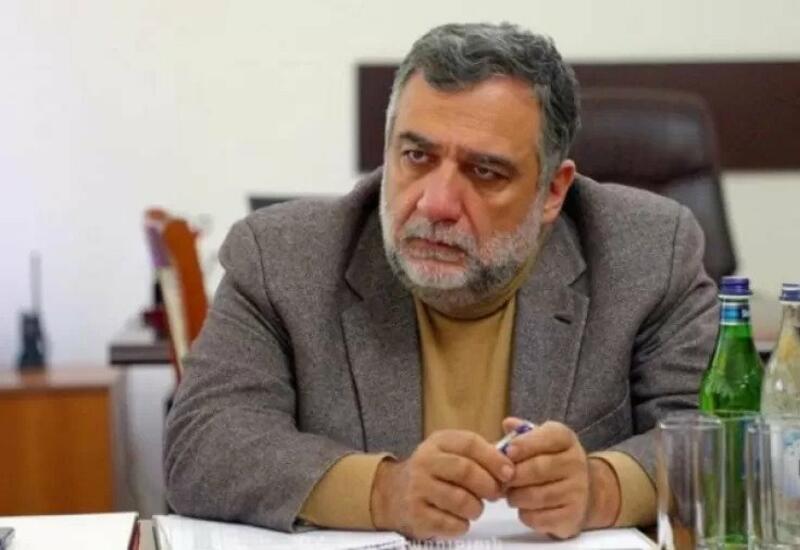
That is, Ruben Vardanyan is only a performer, and behind him stands the entire Armenian oligarchic-criminal potential of Russia, and possibly not only Russia.
Vardanyan has become a cancerous tumor in the region, worsening the already bad life of the Armenians in Karabakh. He restricts food supplies to stage "hunger", introduced coupons, keeps talking about the "hopelessness of the situation", etc. Local Armenians are already slowly starting to realize that with his appearance their life has become worse.
As for Iran, the country's relations with Azerbaijan, which have experienced crises more than once in recent years, have reached their lowest point.
And above all because Iran is drawn into relations between Azerbaijan and Armenia. On October 21, 2022, Iran opened a consulate general in the Armenian city of Kapan. At the opening of the diplomatic department, the Minister of Foreign Affairs of the Islamic Republic, Hossein Amir-Abdollahian, stated that Iran considers the security of Armenia to be its security. On the same day, Turkish President Recep Tayyip Erdogan told reporters that Turkiye would open a consulate in Shusha.
Iran has always supported Armenia with all its resources during the 30 years of occupation of Azerbaijani territories. Tehran has never protested against the destruction of Azerbaijan's historical, religious and cultural monuments by the invaders. According to some experts, in order to divert the attention of the population from the protests, to veil the illegal actions of the authorities, to change the direction of public discussions, the Iranian regime comes up with theses about the existence of an external threat. In the current geopolitical conditions, Iran, instead of traditional external "enemies", has chosen Azerbaijan as its target.
And the recent treacherous terrorist act against the Azerbaijani embassy in Iran does not stand up to criticism at all. The Iranian side, where the embassy is located, had to fulfill its obligations to ensure the security of the embassy and the safety of its employees, under the Vienna Convention on Diplomatic Relations. The Azerbaijani side has repeatedly appealed to the Iranian authorities with a request to strengthen the security of the embassy, but no measures have been taken. Baku believes that the anti-Azerbaijani campaign in Iran contributed to the attack.
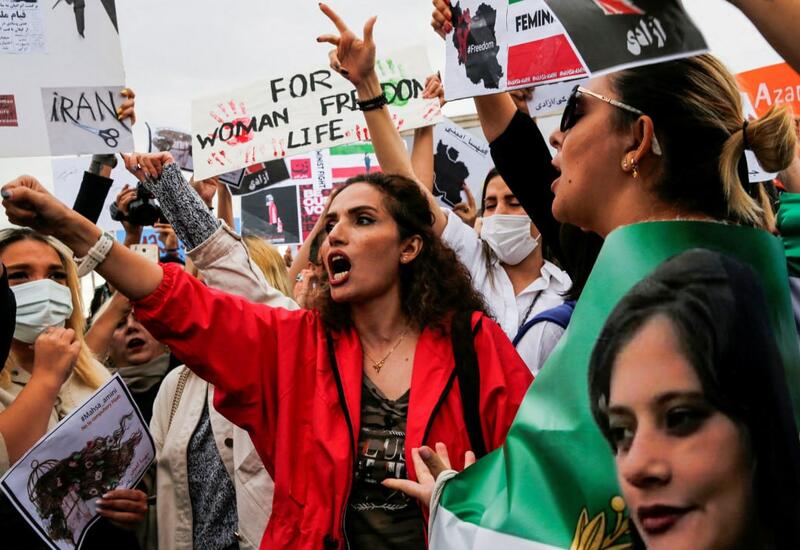
In a word, Azerbaijan is in confrontation with two toxic states in the region that hold on to each other. Iran and Armenia have indeed succeeded in joint destructive activities in the region.
For example, Iranist Vardan Voskanyan, studying the Armenian genealogy, found another relative of the Armenians - Iran. "The Armenian-Iranian civilizational union has no alternative," he said.
The Armenian-Iranian civilizational union, according to Voskanyan, should be opposed to the "barbarian, inhumane and maximalist 'Turan union'". And this should be done under the slogans "two nations, one civilization", "two states, one civilization", "two religions, one civilization", "two languages, one civilization", etc.
On the other hand, Iran wants to destroy any prospect of normalization of relations between Azerbaijan and Armenia, as this will make Azerbaijan stronger in the region.
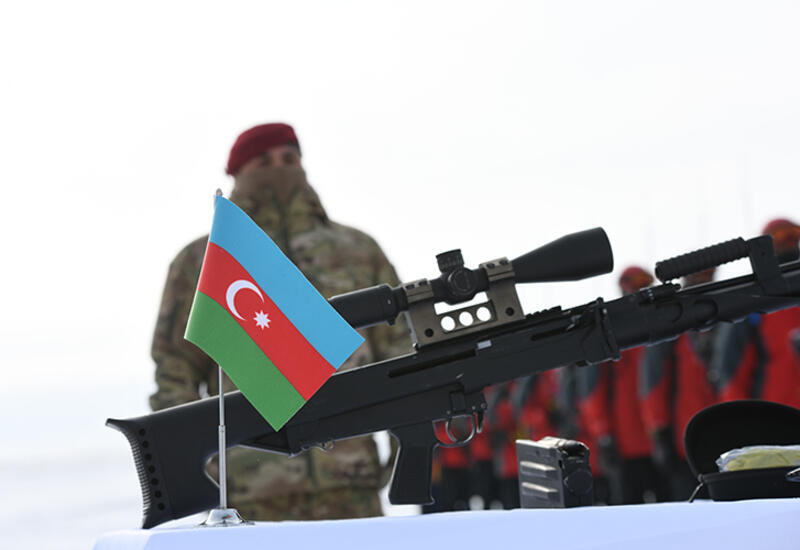
But Azerbaijan is becoming even more important for Europe against the backdrop of an acute energy crisis. Increasing natural gas production in the South Caucasus is the most favorable diversification option in the short and medium term. Increasing natural gas production in Azerbaijan can play an essential role in Europe's energy security. Azerbaijan has built a powerful state from the economic and military points of view, strengthening its international prestige. And today Azerbaijan, as the leading state of the South Caucasus, has the ability and readiness to implement tasks of a historic scale and be a reliable partner to Europe.


